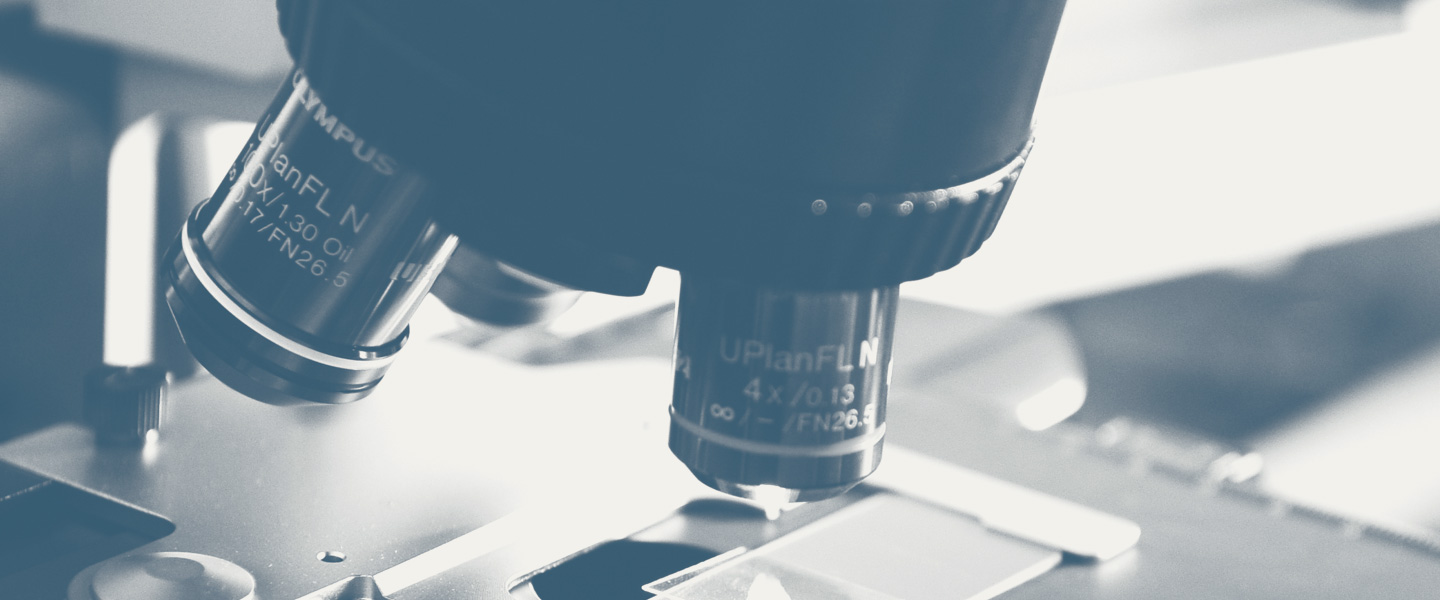
Checkpoint immunotherapy in patients with advanced cancer
Jason Luke, MD, Paolo Ascierto, MD, HIroyoshi NIshikawa, MD, PhD, International Program
Tumor-intrinsic, germline and environmental correlates of the response to checkpoint immunotherapy in patients with advanced cancer
The Project:
With the advent of anti-Programmed Death 1 (PD1) receptor antibodies, immunotherapy for cancer has become an essential element of treatment for multiple cancer types. The efficacy of these treatments is heterogenous however as a small fraction of patient experience durable tumor regression while the majority have no response at all1. Our group has made the observation that the tumors of some patients with cancer show evidence of a spontaneous immune reaction to the cancer (T cell-inflamed tumor microenvironment)2-5 and these patients are the mostly likely to benefit from current immunotherapy approaches6.
As compared to traditional anti-cancer treatments, the efficacy and potentially toxicity of immunotherapy is modified by many more factors beyond the administered drug. The systemic immunity can be modified on multiple levels which will manifest as a differential immune response between individual patients. We hypothesize that molecular mechanisms to explain the T cell-inflamed versus non-T cell-inflamed tumor microenvironment could exist on at least three levels including 1. somatic differences at the level of the tumor cell such as distinct oncogene pathways or the mutational landscape/antigenic repertoire, 2. germline genetic differences such as polymorphisms in immune genes as well as 3. environmental differences such as the commensal microbiota. To study this we propose to collect biospecimens from patients receiving immunotherapy from different geographic locations which will facilitate large scale genomic interrogation and biomarker association with patient outcomes to treatment.
The Team:
Jason Luke, MD, an Assistant Professor of Medicine, with a research and clinical interest in cancer immunotherapy as well as melanoma. He is the Principal Investigator on more than 20 on-going early phase immunotherapy clinical trials and has been awarded through multiple granting mechanisms early in his career (NIH, ASCO and multiple foundations, including the Cancer Research Foundation Young Investigator Award).
Paolo Ascierto, MD, is an international leader in melanoma research and developmental immunotherapy. He is currently the Director of the “Fondazione G. Pascale” Unit of Melanoma, Cancer Immunotherapy and Innovative therapy, National Tumour Institute in Naples, Italy. He is sits on the editorial board of many high- impact scientific journals and leads an active melanoma and immunotherapy research unit.
Hiroyoshi Nishikawa, M.D., Ph.D., is an international leader in the basic and translational investigation of cancer immunotherapy. He is the Director, Division of Cancer Immunology, Research Institute/Exploratory Oncology Research and Clinical Trial Center, National Cancer Center, Japan. He oversees cancer immunology research for Japan and oversees a very large clinical program actively involved in biospecimen acquisition.